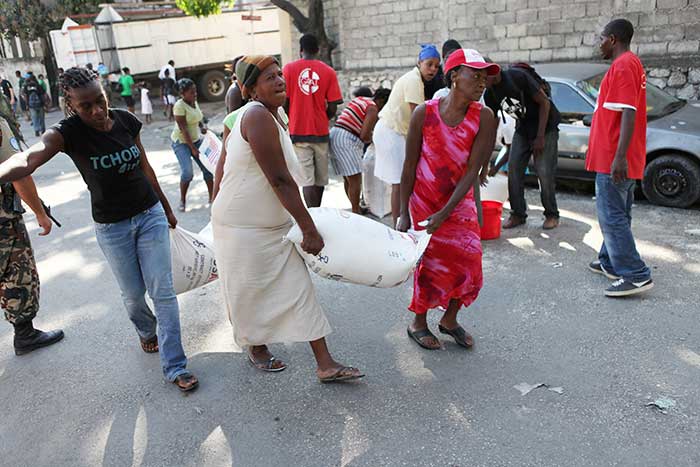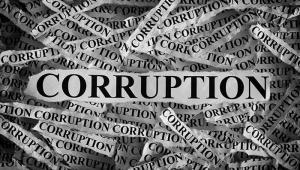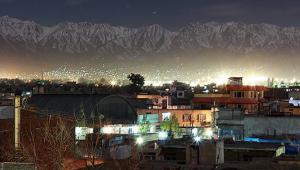The guidance, launched last Friday on International Anti-Corruption Day, calls for anti-corruption systems that include codes of ethics, whistleblowing mechanisms, financial controls and sanctions for misconduct, among other elements.
The guidance also said more checks and balances were needed to avoid and respond to corruption in the management and delivery of aid, as public-private partnerships become more common in the sector.
Charlotte Petri Gornitza, chair of the OECD’s development assistance committee, said such advice would be invaluable in fighting misconduct as the sector tries to “grow the aid pie with more private sector involvement”.
“Corruption in the aid sector steals from the world’s poorest and most vulnerable and is a stain on our efforts to reach global development goals,” she continued. “Donor countries, aid agencies and developing countries have a common interest in doing everything we can to reduce it.”
The new standards will apply to the 41 countries that are party to the OECD’s Anti-Bribery Convention, and all 30 donor governments that are part of the development assistance committee.
The OECD’s working group on bribery will monitor the implementation of sections of the guidance relevant to its work, such as those relating to prevention measures and sanctions. Meanwhile, the DAC is also developing a complementary monitoring mechanism.
The guidance includes recommendations for donor governments’ aid agencies to implement, with detailed specifications on what each element of the framework should look like and do.
There are ten overall areas that the OECD identifies as being essential to the anti-corruption system:
· A code of conduct
· An ethics or anti-corruption assistance or advisory service that ensures sufficient anti-corruption resources
· Training and awareness-raising on anti-corruption
· A high level of audit and internal investigation
· Ongoing, active and systematic assessment and management of corruption risks at multiple levels
· Measures to prevent and detect corruption being enshrined in official aid contracts
· Effective reporting and whistleblowing mechanisms
· A sanctions regime
· Joint responses to corruption between partners and stakeholders
· Measures to take into consideration the risks posed by the operating environment
“Development activities are very often accompanied by different forms of corruption, which cause the loss of billions of euros being channelled into private pockets instead of to countries in need,” said Dragos Kos, chair of the OECD working group on bribery in international business transactions.
The new guidance will help development agencies around the world to detect cases of corruption and in time, eradicate it, he concluded.














